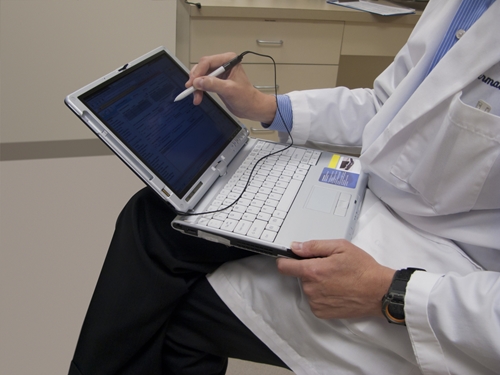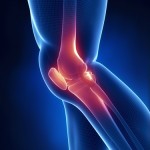Is EHR point-of-care more useful than standard clinical trials?
A recent study conducted by the University of Manchester and published in the journal Health Technology Assessment suggests that using electronic health records to identify the better of two treatment options is more time efficient and less costly than standard clinical procedures.
The methods
The study was partially funded by the National Institute of Health Research and the Wellcome Trust, and it used existing EHRs to compare the effects of two drugs on one condition. The study analyzed the results collected from two medicinal trials over three years. The data collected from the two trials is irrelevant, as the study's focus was to see whether or not EHRs make traditional clinical testing more successful.
The study's two trials were able to identify eligible patients because of EHR flagging. General practitioners were notified that their patient was selected to be included in one of the trials. The patients then only needed to sign off for their participation, which only took five minutes according to the study. The EHRs of the patients in each trial were updated during each visit to a primary care physician.
Researchers involved in the study found that EHRs provided an easier method of data collection than traditional clinical trials. Medical News Today explained that clinical trials require patients and general practitioners to fill out numerous forms and regularly attend appointments, which require additional staff members to collect vital data and schedule visits. Also, creating artificial testing environments does not accurately represent a patient's daily behavior. EHRs allowed the study to be conducted without the patients or doctors needing to complete extra tasks such as collecting and compiling relevant data.
The results
According to the results, almost all of the general practitioners supported the use of EHRs for drug trials. The only 10 patients in the study who were questioned deemed the practice acceptable, as it was less intrusive of their time and effort. The study concluded that EHR point-of-care trials are feasible and have one drawback: recruiting clinicians. Researchers approached 459 English and Scottish general practices and 17 agreed to participate in the procedures. Nevertheless, the study proved EHRs used in trials save patients and doctors time. They also save money in regard to hiring new staff and recruiting applicants.
"The use of electronic health records in simplifying clinical trials means that we no longer need to remain uncertain about which medicine offers the best health benefits for patients," said Tjeerd-Pieter van Staa, M.D., M.Sc., M.A., Ph.D., director of research at the Clinical Practice Research Datalink.



